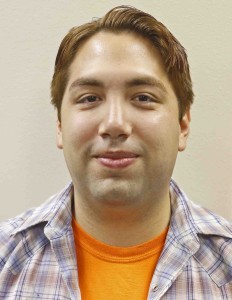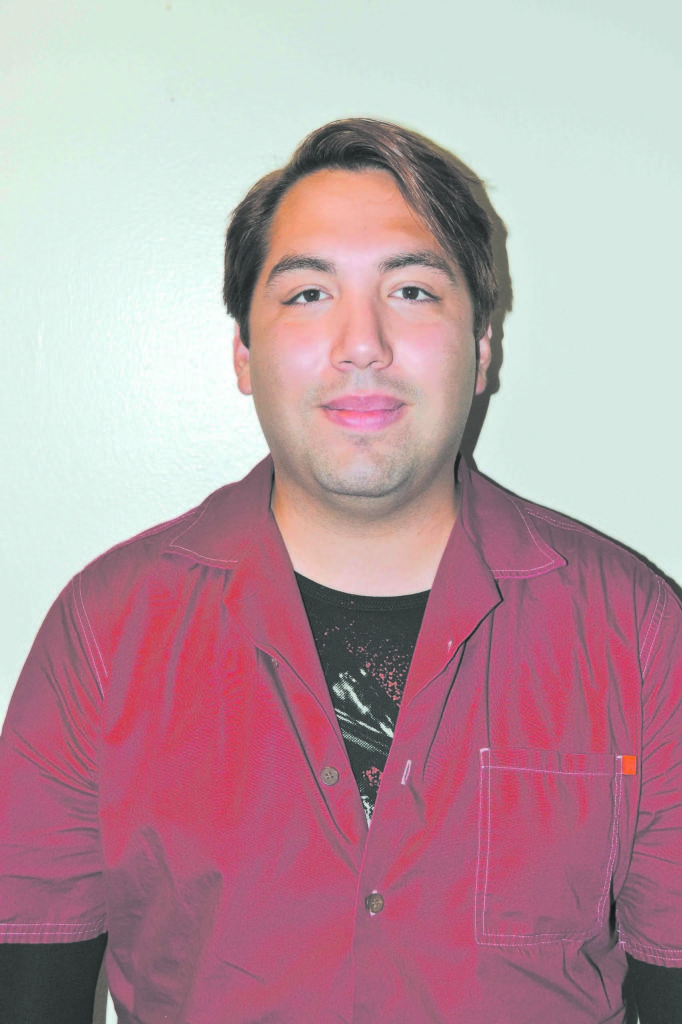Monday, Oct. 14 is the deadline to apply for graduation. A single form and $30, grades pending, are now the only barriers to the great beyond of post-undergraduate life.
December commencement seems like the ultimate Christmas present. An opportunity to go forth and join the workforce, finally finding purpose in the 150 credit hours I’ve endured during the past five years.
Or is it?
Though El Paso is a growing market that has held up relatively well under the recession, for an English major with academic inclinations, the prospect is grim. The unemployment rate in the Sun City has lingered around 9 percent for the past year and the job outlook is not positive.
The Bureau of Labor Statistics reports that El Paso education and healthcare positions are on an uptick.
Closer examination of the numbers reveal that it is hospitals and medical programs, soon to be constructed and staffed, that are the stimuli for those numbers.
The Fountains at Farah are about to open. A slew of big-box stores and designer retailers will bring more jobs to the community. But did I spend years studying Faulkner and Brontë to sling sporting goods at our newest merchandiser?
The brain drain is a serious problem for El Paso.
I am loath to admit that I will eventually contribute to it.
Critics of the liberal arts complain about the utility of the degrees. Even Broadway musicals sing about “what do you do with a B.A. in English?” But that is precisely why so many of my fellow students are leaving.
Art students are migrating to Marfa, Austin and New York. Literary and communication arts tromp en masse to cities like Los Angeles, Seattle and Houston. Business majors flock to major metropolitan centers. All of us are looking for jobs that don’t exist in El Paso.
There is even an exodus in the STEM fields. Why would a geophysicist stay in El Paso when McDonald’s workers—let alone geologists—in Odessa are starting at $12 an hour?
The city is spending money on infrastructure. Industry is expanding manufacturing capability. Quality of life is improving for the employed nuclear family unit, but not for all of us.
The opportunity for a student to make an impact in this city is enormous. But we move away regardless because it is difficult to bankroll grand aspirations while getting paid minimum-wage at a call center.
UTEP tops the national average for work-study positions serving the community. Miners provide support for hundreds of charitable efforts every year. But these students graduate and move to other cities, serving those communities instead.
Personally, I plan on staying for graduate school. UTEP has phenomenal programs that instruct students in the techniques of teaching college-level reading, writing and rhetoric. But what happens to those graduate students when they finish? Their options become fighting for the small pool of adjunct jobs between UTEP and EPCC, or moving. San Antonio has 10 major campuses within the city, all with students who need to take English Composition I.
To stay or not to stay, becomes the question. Whether it is nobler in the mind to suffer mediocre under-employment in a city that lacks significant opportunities for the recently-graduated 20-something, or to strike forth leaving behind family and friends to find gainful employment?
Eighty-seven days before graduation. Two and a half months to decide.
S. David Ramirez may be reached at [email protected].
The brain drain of El Paso
Categories:
0
About the Contributor

S. David Ramirez, Staff Reporter
S. David Ramirez is currently an English and American Literature major wrapping up his final year at UTEP.
He has written for the Lakefront, the Thing Itself literary magazine, the Tejano Tribune and The Prospector.
When not striving for journalistic excellence, he helps organize fandom conventions around the Lone Star State, including El Paso Wintercon and San Japan, San Antonio’s largest Japanese culture and anime convention.
He hopes to spend his academic career educating the public about the dangers of Jane Austen and the medicinal benefits of reading the Brontë sisters.
His research in popular culture studies has taken him across the nation and he hopes to continue presenting findings on music, media and literature at future conferences.
David says his success is due to a pact with the dread Lord Cthlulhu of R’ley fame, but he may just be reading too much H. P. Lovecraft in his off time.
He is currently applying to graduate schools for communication rhetoric or writing and rhetoric. If you, or someone you know, is on these admissions boards, please contact him directly.






